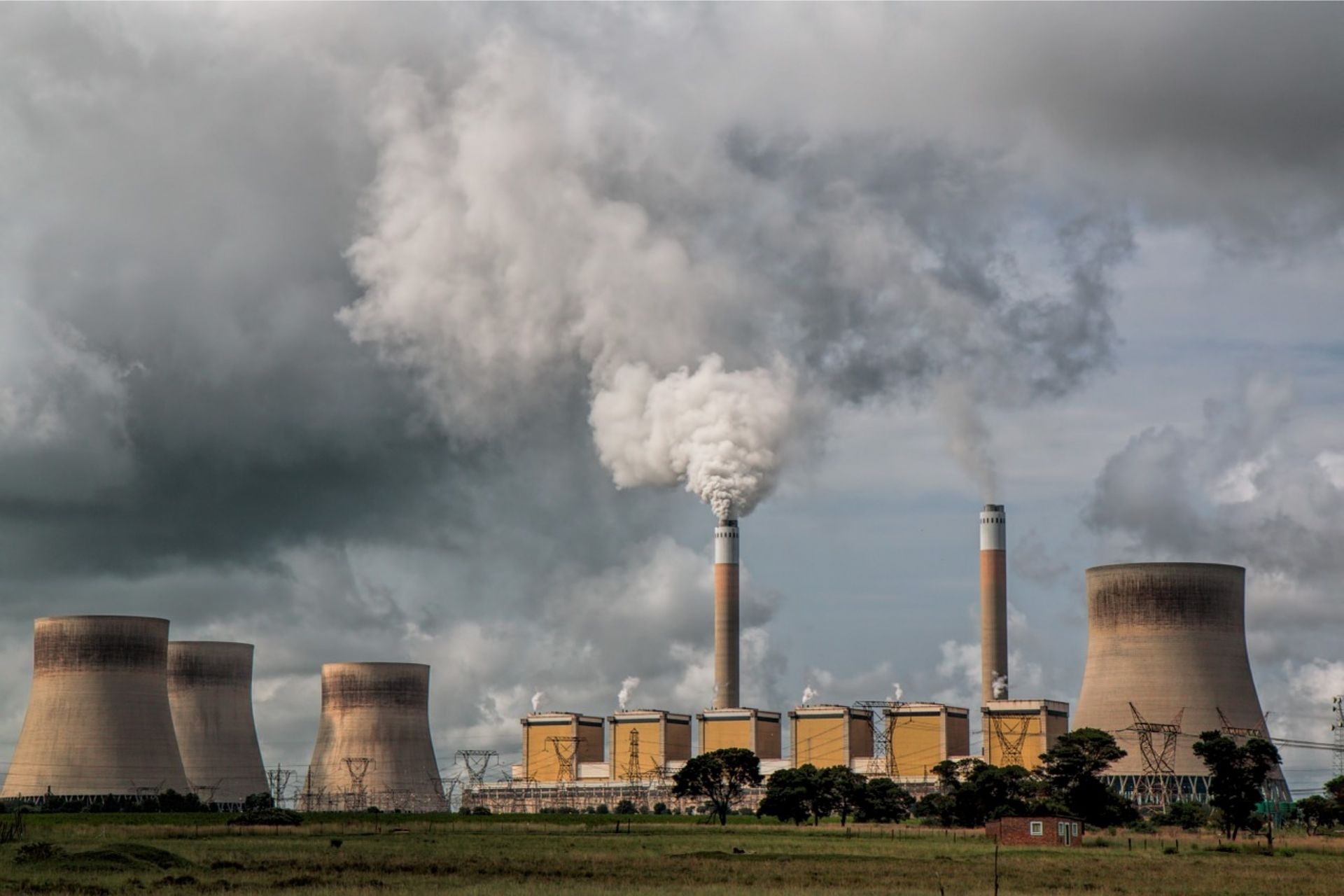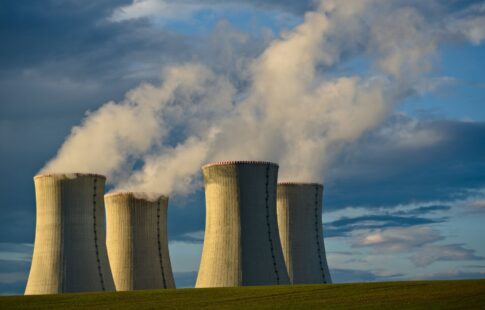
The Effects of Fossil Fuels on Human Health
We are reader-supported. When you buy through links on our site, we may earn affiliate commission.
In 2020, the solar industry achieved record-high sale rates. As individuals recognize the ecological impacts of fossil fuels, they convert their energy reliance away from them towards renewable power. Media sources highlight the climate effects associated with “dirty” energy and leave human health impacts on the back burner.
The emissions generated by fossil fuels, directly and indirectly, affect society’s health and wellbeing. President Biden evaluated the increased risks and developed a national carbon-neutrality goal. He also allocated trillions of dollars to the clean energy sector, minimizing atmospheric pollution.
The Enhanced Greenhouse Effect
During combustion, fossil fuels release greenhouse gas emissions. The pollutants produce adverse ecological and human health effects. They alter Earth’s organic temperature control process, degrading the atmosphere’s composition.
Naturally, Earth absorbs solar radiation, generates heat, warms the surface, reobtains excess energy and emits it to space. The practice creates life-sufficient temperatures on the surface, supporting the global ecosystem. When air pollutants invade the atmosphere, they alter the process.
Greenhouse gas emissions attain a high sunlight-to-heat exchange rate. Additionally, they hold excess energy in the environment rather than sending it to space. The entrapment and overproduction of warmth increase Earth’s temperature over time.
The enhanced greenhouse effect decreases local air quality, degrading lung health. It also enhances water displacement and agricultural development challenges. The impacts create adverse effects on society.
Lung Health
Smog and soot, deriving from greenhouse gas emissions, can enter an individual’s airways and cause physical distress. Pollutants may cause coughing, wheezing, chest pains and shortness of breath. That can also increase the frequency of asthma attacks in asthmatic individuals.
The inhalation of emissions also increases one’s risk for lung cancer, strokes and heart attacks. Some individuals are at a higher risk for breathing complications, like babies, young children and the elderly. People with outdoor professions may also have a greater chance of developing lung conditions.
As the climate changes, the allergy season becomes longer. Pollen produces in warm weather conditions. With frequent mild winters and longer summers, individuals may come in contact with a higher quantity of allergens.
Each year, the pollen count increases. Researchers predict the 2040 production rate will double that of 2000. The allergy season is now 20 days longer than it was in 1990.
The increased pollen count raises the rate of hay fever in children, causes adverse breathing effects. It also increases the risk of asthma attacks. Researchers also predict the planet may develop new allergens as the climate continuously changes.
Dehydration
As global temperatures increase, the rising evaporation rate fuels ecological challenges. Climate change enhances precipitation in some regions, causing more rainfall and flooding. Other areas experience elongated drought periods, struggling to meet hydration needs.
Nearly 17 countries around the globe are using 100% of their freshwater supply for drinking and agricultural development. While the available surface water decreases, the rate of dehydration rises. A significant portion of the global society already lacks access to clean drinking water.
Dehydration can cause irritability and listlessness in young adults. It also causes dizziness, tiredness and disorientation in adults. The adverse health effect can lead to additional complications.
When an individual experiences dehydration, their risk of developing a heat injury rises. If you partake in vigorous exercise without adequate water consumption, you may develop cramps, exhaustion or heat stroke. It can also cause urinary tract infections and kidney stones.
Limited water consumption also decreases the efficiency of one’s electrolytes. Without proper functionality, an individual’s cells have trouble relaying messages throughout their body. The dehydration effect can cause seizures and loss of consciousness.
The most significant effect of low water consumption is hypovolemic shock. Without adequate quantities of water in the body, one can experience a decrease in blood pressure. The drop limits the amount of oxygen in an individual’s body, causing death.
Starvation
Nearly 690 million individuals lack access to necessary food supplies. As the climate changes because of increasing fossil fuel uses, farmers experience production challenges. Elongated summer seasons and increasing evaporation rate alters the stability of agricultural production.
As soil nutrient levels degrade from evaporation, farmers must move their production locations to high precipitation regions. The industry can only outrun ecological degradation for so long. Eventually, there will only be a small portion of the country suitable for agricultural use.
Hunger and starvation generate various health effects. Children and young adults experience a lower growth rate and delayed puberty without adequate nutrients. Starvation also increases one’s risk of developing osteoporosis.
A low caloric intake also generates adverse heart health effects. Low potassium levels can create arrhythmias and bradycardic conditions, leading to cardiac arrest. It also causes low blood pressure and postural hypotension.
Prevention Efforts
Individuals can lower the global risk for human health conditions by reducing their fossil fuel consumption rates. Instead of relying on a gas-powered vehicle for transportation, you can ride your bike or drive an electric car. Additionally, residents can install renewable energy systems in their homes, increasing their use of emission-less electricity sources.
Share on
Like what you read? Join other Environment.co readers!
Get the latest updates on our planet by subscribing to the Environment.co newsletter!
About the author

Jane Marsh
Starting from an early age, Jane Marsh loved all animals and became a budding environmentalist. Now, Jane works as the Editor-in-Chief of Environment.co where she covers topics related to climate policy, renewable energy, the food industry, and more.





